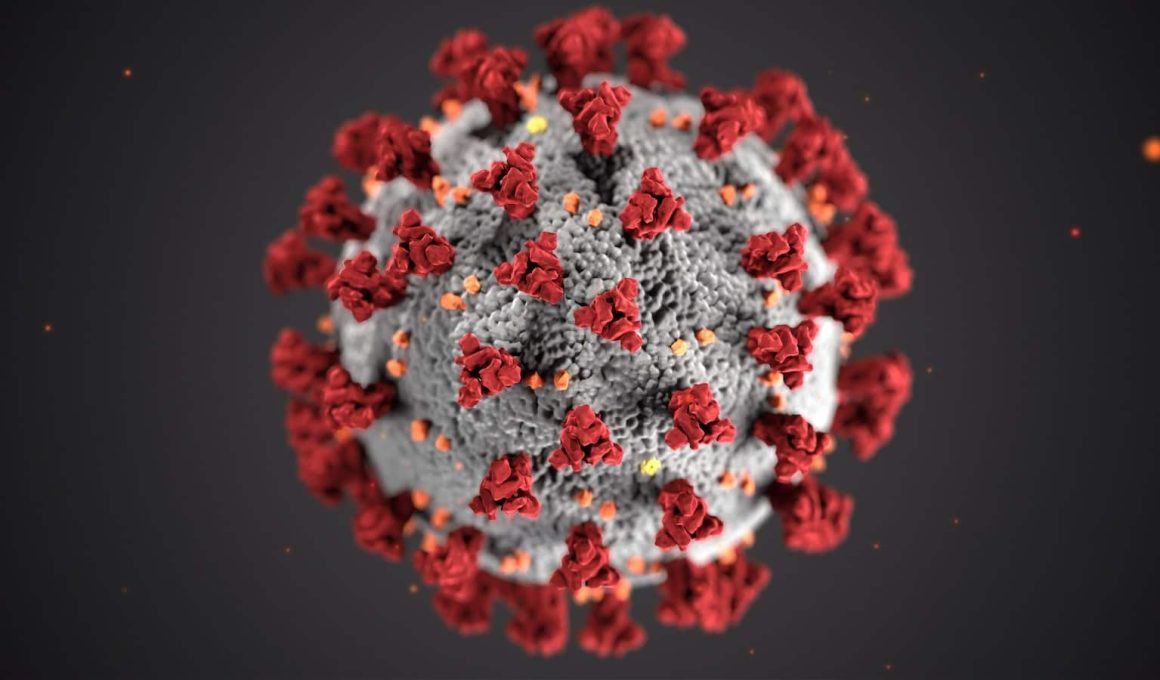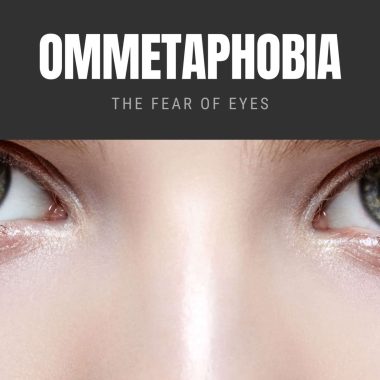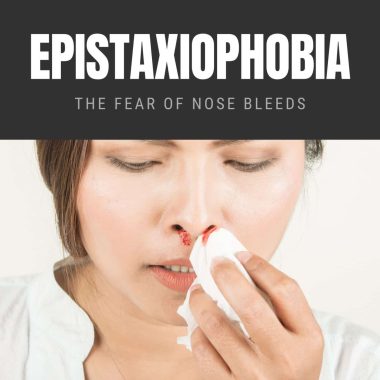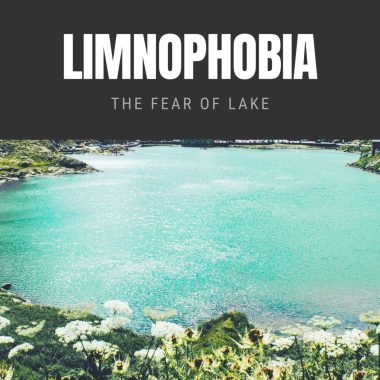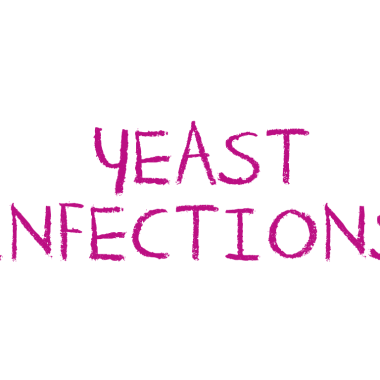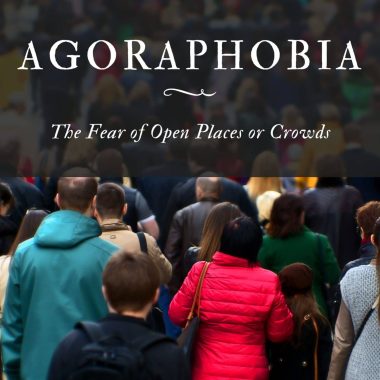Coronavirus is a recent deadly disease, killing millions of people worldwide.
Since the outbreak of this disease, seeing how much harm it has caused, people have developed an anxiety disorder.
This anxiety disorder is called coronaphobia. Coronaphobia can happen to anyone; however, people with other phobias are at high risk.
We’ll discuss coronaphobia and everything you need to know about it here. Follow along!
Coronavirus, also known as COVID-19, has become a global pandemic. WHO declared the COVID-19 outbreak a public health emergency of international concern.
As of now, there are over 2 million confirmed COVID-19 cases worldwide.
According to WHO data, around 80% of infected people recover without medical attention.
However, the remaining 20% need hospitalization. In some countries, the number of patients requiring ICUs is higher than the number of deaths caused by COVID-19.
While some countries have found a way to manage this virus, some countries still struggle. And for this reason, it’s likely to get coronaphobia without knowing.
What is Coronaphobia?
The term “coronaphobia” was first used in a scientific paper in 2019. In this study, researchers did some findings on patients admitted to the hospital for severe pneumonia.
They found that some people had developed acute respiratory distress syndrome (ARDS) symptoms. And this was after being infected with SARS-CoV-2, which causes COVID-19.
These patients feared contracting the virus, even though they had no direct contact with other confirmed cases. This condition was called coronaphobia.
Coronaphobia is an anxiety disorder characterized by a response to fear. It’s when a patient fears contracting or spreading the novel COVID-19.
Any news about the virus might trigger the patient, and they may experience panic attacks.
Though the cause of coronaphobia is unknown, researchers have linked it to many factors. People who are more likely to develop coronaphobia include traumatized people.
These traumas include physical abuse, sexual assault, natural disasters, or war. However, children and pregnant women are most vulnerable to developing coronaphobia.
Causes of Coronaphobia
People develop this phobia due to the internet and social media information.
Also, they get scared easily on a typical day. Imagine them hearing about contracting the virus by touching other people.
Moreover, they may feel anxious seeing images of people wearing masks or gloves.
Another thing that scares them is dying from the virus if they ever get it.
People who have had it before might have the phobia of contracting it again.
Symptoms
People with coronaphobia often feel anxious as they worry about getting sick.
Some of them also experience symptoms of panic attacks, like chest pain.
In a recent study, patients reported feeling scared of going outside. They always believed that they could catch the virus.
So, they avoid grocery stores, restaurants, movie theaters, malls, and schools. So, these fears lead them to stay home.
Treatment Options
There is no cure for coronaphobia. Treatment focuses on helping you cope with your fears and managing your anxiety.
Your doctor may recommend one or more of these treatment options:
- Psychotherapy: Psychotherapy helps you understand why you developed this phobia. It also teaches you skills to help control your feelings.
- Cognitive behavioral therapy: CBT is one type of psychotherapy used to treat phobia. It teaches you to identify thoughts that trigger your fears and replace negative thoughts with positive ones. For example, you may start thinking about getting sick when you see someone wearing a face mask. Instead of focusing on what could happen if you get sick, you can focus on all the good things that would happen if you didn’t.
- Medication: If you don’t respond well to CBT alone, your doctor may prescribe medication to help reduce your symptoms. Antidepressants and sleep aids are medications that may help relieve you.
- Relaxation techniques: Exercises teach you to slow your breathing and relax your body. This technique can help reduce stress and anxiety.
- Self-help books: You can help yourself by reading books on phobia. This way, you’ll find ways to better manage your condition.
- Support groups: Join support groups where people who have been through similar situations offer advice.
Difference Between Coronaphobia and Normal Anxiety
Frequently Asked Questions
- Can Coronaphobia Affect My Daily Life?
Coronaphobia can significantly impact your life. If you suffer from this condition, it could affect every aspect of your daily routine. Everything you find fun might irritate and annoy you, robbing you of your happiness.
2. How Common Is Coronaphobia in General?
The prevalence of coronaphobia varies across different populations. According to the NIMH, approximately 1.5% of people in the US have coronaphobia.
3. What Are the Symptoms of Coronaphobia? How Do They Manifest Themselves?
The symptoms of coronaphobia vary depending on the severity of the condition. Some people who have coronaphobia may feel anxious before hearing about the virus. Others may start feeling anxious after reading about the virus. Still, others may develop full-blown panic attacks.
4. Can Anyone Get Coronaphobia?
Yes! Anyone can get this phobia. No specific risk factors increase your chances of developing this condition.
5. How Long Will Coronaphobia Last?
It depends on the severity of the condition. Most people with coronaphobia will not develop long-term psychological problems. However, if you continue to read about the virus, you might develop more serious mental disorders.
6. How Can I Treat Myself?
There are several ways to treat yourself. First, try to avoid watching news reports about the virus. This way, you won’t be exposed to new information about the virus. Then, take time off work and talk to your doctor about medications that can help reduce stress levels. Finally, make sure to eat healthy foods and exercise regularly. These steps will help you cope better with coronaphobia.
Conclusion
That’s all there to know about this phobia! If you’re a patient, we’re sure you’ve learned how to manage this condition better.
Please let us know in the comments section below if you think we missed anything. Thanks for reading!
